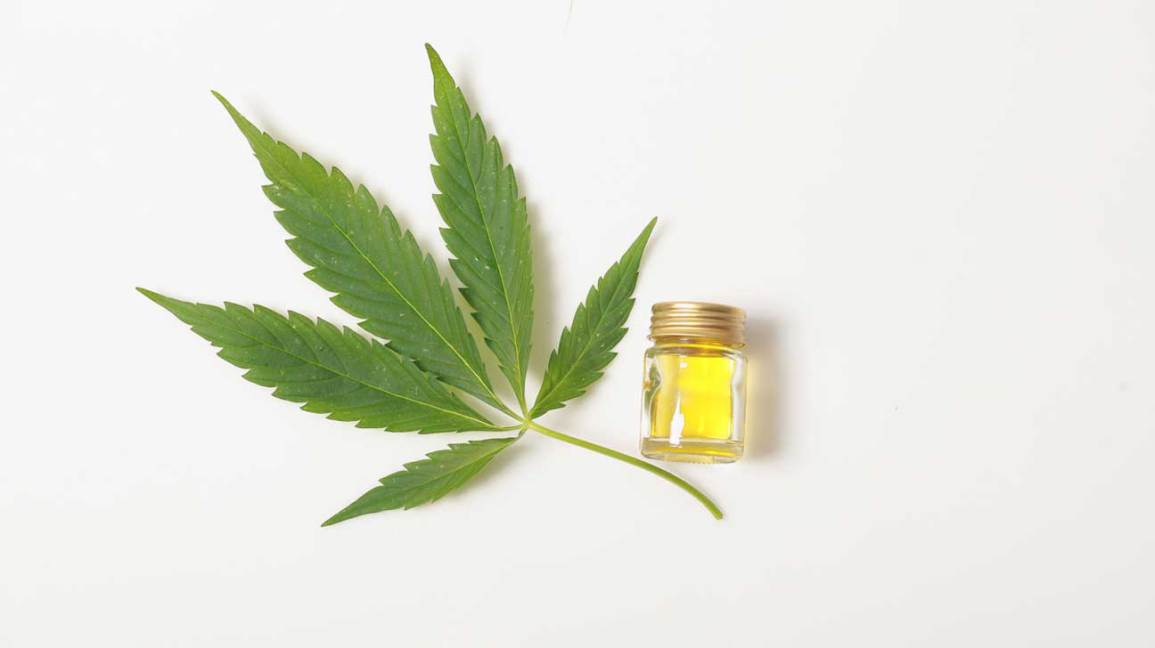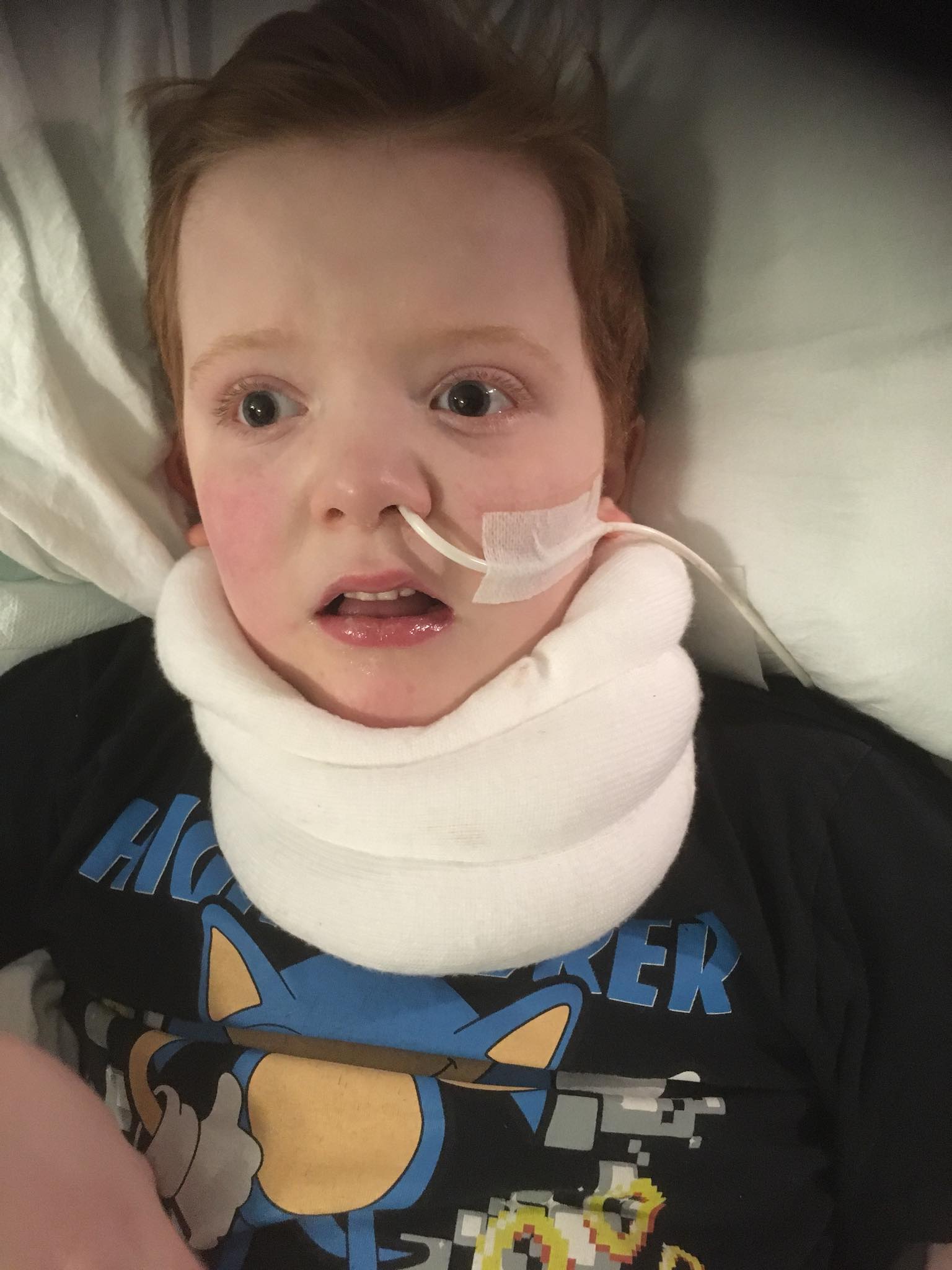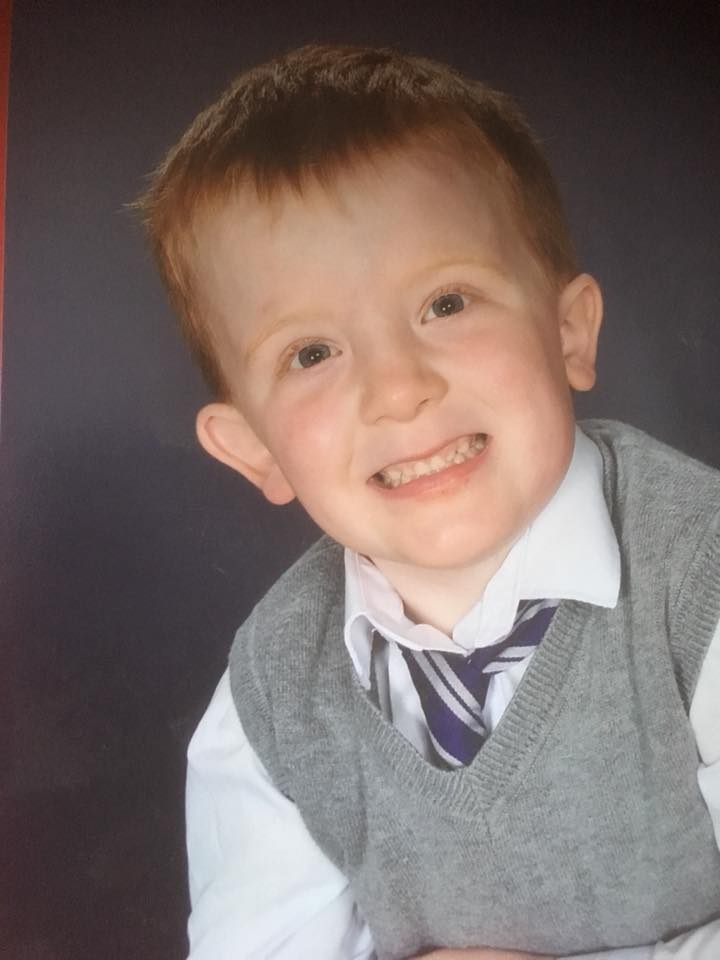Research finds patients build a tolerance to CBD-isolated medicines
- Research has shown patients build tolerances to CBD-isolated medicines
- Evidence suggests THC could potentially reduce resistance
- Using different strains may also help reduce CBD tolerance levels
Medical cannabis was partially legalised in the UK in late 2018., but few patients have managed to obtain legal prescriptions.
Among those lucky few who do have legal prescriptions, many have been prescribed Epidiolex; a CBD-isolated medical cannabis tincture.
While the British Government is withholding full-extract cannabis oil, containing THC, patients left with CBD-only medications are suffering.
That is not to say CBD cannot work for everyone. Patients across the UK are finding great success with legal, non-prescribed CBD products, to the point where over 300,000 British citizens are now regularly purchasing CBD products.

However, for patients with severe epilepsy, CBD-only medications may not be good enough to help maximise a reduction in the severity and frequency of seizures.
Researchers in Israel published a study last year which investigated CBD tolerance levels in epileptic patients, both adult and child.
Ninety-two patients with treatment-resistant epilepsy were treated with a 20:1 CBD-THC cannabis oil extract for an average of 19.8 months.
Tolerance was defined as either the necessity to increase dose in 30% or more following reduction of efficacy, or response reduction of more than 30%.
The researchers found that a tolerance was seen in 30 (32.6%) of the patients, with the mean time till appearance of tolerance being 7.3 months.
Of those 30 patients, 17 (58%) showed > 50% reduction in mean monthly seizure frequency.
Researchers tried to combat the tolerance these patients were experiencing by increasing the CBD dose.
Only 12 patients were ale to see a reverse in the increase in tolerance with a increase in CBD dosage. For 15 patients, this had no effect.
The authors of the study concluded:
“Our findings suggest that Cannabidiol tolerance exists, and it limits the efficacy of this anti-seizure treatment in the long-term clinical management of epilepsy in the paediatric and adults population.”
Murray Gray, one of the only Scottish children to be prescribed Epidiolex, is one of these patients.

Murray has been prescribed Epidiolex since 2018, but its effectiveness is waning
Murray has been prescribed Epidiolex since August 2018. Within just two week, there was a great improvement in his condition.
Karen, Murray’s mother, explained:
“Murray’s daytime seizures vanished.
“However, he was still having nighttime tonic clonics [seizures], so he is still at risk of SUDEP (Sudden Unexpected Death in Epilepsy).
“His tonic clonics [seizures] also reduced in length.”

Could THC help the brave young boy recover?
Karen discussed with us how despite seeing an initial improvement with CBD-only products, their effectiveness wore off over time:
“Anytime Murray is ill, even just a little cold, Epidiolex stops working.
“We are back to tonics during the day, absences, myoclonics and drop seizures.
“After 5 months, Epidiolex no longer helps him.”
“I know of children who have benefited greatly from taking Bedrocan. Their seizures were either greatly reduced or stopped entirely!”
– Karen Gray, Mother and Medical Cannabis Warrior
Research suggests that the lack of THC, and other cannabinoids, in products like Epidiolex may explain their loss in effectiveness over time.
THC may be able to help reduce CBD-tolerance due to the way the two cannabinoids work on the Endocannabinoid System (ECS).
The ECS has 2 receptors: CB1 and CB2.
CB1 receptors are most commonly located within the brain, in the nervous system, and on the spinal cord and nerves, i.e., the areas which trigger seizures.
CBD only stimulates CB1 receptors. THC, on the other hand, actually activates CB1 receptors.
Essentially, THC’s interaction with CB1 receptors is superior to CBD’s.
THC triggers a full biochemical reaction in CB1 receptors, whereas CBD only lightly interacts with them, sending far tweaking signals from the receptor.
A study conducted by British researchers proposes that a 1:1 CBD:THC (equal parts CBD-THC), may help prevent a build up in tolerance to CBD. (https://link.springer.com/article/10.1007/s00415-014-7502-9)
The researchers used Sativex (another GW Pharmaceutical product) for their investigation. Each 100 µl spray of Sativex delivers 2.5 mg CBD and 2.7 mg THC.
380 patients with neuropathic pain, caused by diabetes or allodynia, took Sativex over a 38-week period.
Researchers found that not a single patient developed a tolerance to the spray.
However, the study only looked into CBD tolerance in relation to neuropathic pain, opposed to seizure prevention/reduction which was investigated in the Israeli study.
For children like Murray, 1:1 tinctures may be the best medical course to take.
“I want Murray to be prescribed Bedrocan’s products,” Karren told us.
“I know of children who have benefited greatly from taking Bedrocan. Their seizures were either greatly reduced or stopped entirely!”
While medical cannabis containing THC may be legal on paper, in reality, families like the Murray’s are finding it impossible to get a legal prescription for products containing both CBD and THC.
“The schedule change has made no different,” Karren explained.
“For children the BPNA are at fault.
“Their guidelines are wrong, and they need removing or updated to allow clinicians to prescribe THC to children.
“It’s the BPNA/pharmaceutical mafia that are blocking schedule 2.
“The only concern I previously had about THC came from listening to doctors telling me it will damage Murray’s brain damage. They are wrong. The BPNA are wrong.”
For children like Murray, a CBD tolerance can be life-threatening.
With more research emerging, providing clinical evidence that both CBD and THC are needed for the most effective treatment, how much longer must desperate patients wait for full spectrum prescriptions?
Karren has launched a petition for a change in the new medical cannabis guidelines provided by the British Government, to allow children to be more easily prescribed THC.
You can help her reach her goal here: https://you.38degrees.org.uk/petitions/medicinal-cannabis-oil-guidelines
